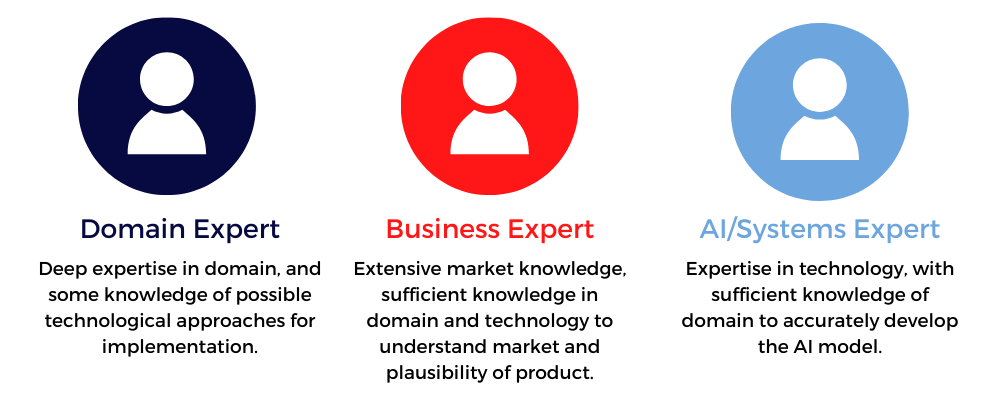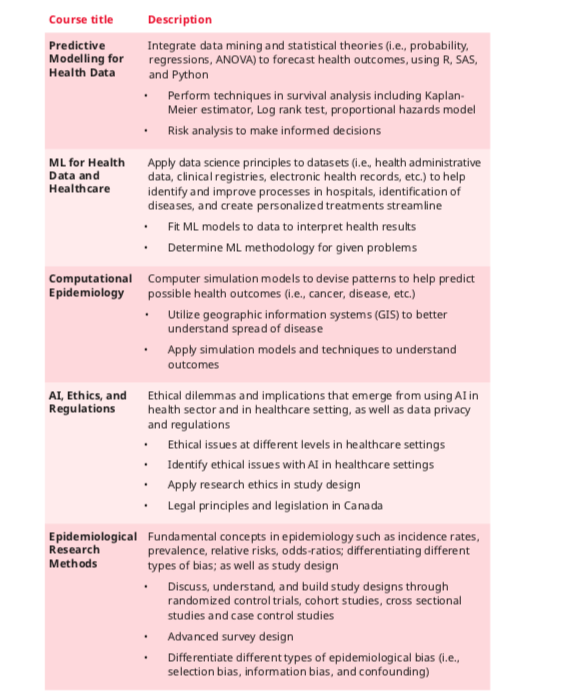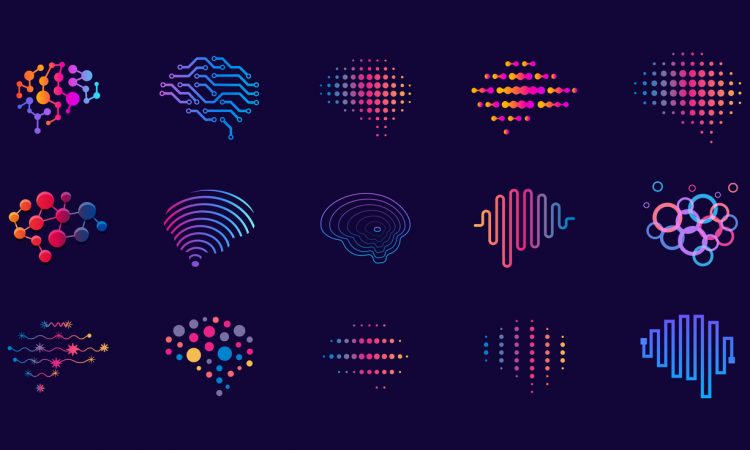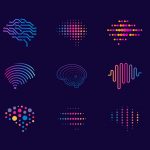With support from Microsoft Canada, the Information and Communications Technology Council (ICTC) explored what support is needed for Canada’s digital workforce to acquire key artificial intelligence (AI) skills. The resulting report, titled Building Canada’s Future AI Workforce, was released in March 2021. Here are some of the report’s key findings and how they can be used beyond the field of AI, such as in software development.
ICTC interviews with AI development teams in financial services and health care found that these teams require business understanding, technical skills and domain knowledge to build successful AI products.
AI development teams generally comprise domain experts, business experts and AI/systems experts. Each of these players brings unique core skills to the table. Domain expertise is critical. In financial services, this could be retail banking, insurance or credit card fraud, while in health care, this might mean diagnostic imaging or automated treatment planning. A business expert’s core skillset, on the other hand, is knowing how to find the best product-market fit. Finally, the AI/systems expert has the core technical skills needed to develop a successful AI model.

However, ICTC researchers also found that siloed skillsets on an AI development team is not enough. Individual team members (or departments in larger organizations) also need to know enough about the other two knowledge areas to successfully communicate and collaborate. Without this overlapping expertise, AI development teams risk creating products that are not well-suited to the realities of their industry or do not provide the best product-market fit. In worst case scenarios, business and domain experts are unable to communicate to technical developers what products they want or need, while technical experts are unable to articulate what can and cannot be achieved using AI.
Critically, these challenges aren’t unique to AI. Across past projects focused on virtual and augmented reality, and current projects focused on agriculture technology and digital health, ICTC found that both business and domain knowledge are crucial for these software development teams. The following key informant quotes related to digital health expand on this requirement:
“As it turns out, you can build something that really, really helps people – maybe even saves their lives – that you literally cannot sell [in the absence of integrated business and domain knowledge].”
“All our analysts understand the technical side of things, but some are not able to meet with a group of health care providers, listen to what health care processes they have, and then take that information and translate it into a new program or bug fix.”
Amid these challenges, there is a real opportunity for career development professionals, academia and industry to support strategic upskilling and cross training programs across the tech sector. What might this look like?
For academic organizations and career development professionals, this means encouraging students and mid-career professionals to pursue a T-shaped skillset, where the vertical line represents “the depth of your skills and expertise in a single field” and the horizontal line represents “your breadth or ability to collaborate across disciplines with experts in other areas.”
For instance, students can benefit from learning new technical skills after completing a specialized undergraduate or master’s degree (as opposed to pursuing further education in their existing field). This can take the form of traditional education pathways, like college and university programs, or non-traditional pathways, such as bootcamps and massive open online courses (MOOCs). Meanwhile, academic organizations can purposefully design multi-disciplinary collaboration into their programs. Here’s what ICTC’s digital health stakeholders said:
“The most important component of our employee base is people who have a generalized technology capability built on a deep specialization in an area that matters to us. So, UX designers with a master’s degree in neuropsychology or product managers with PhDs in behavioural economics.”
“If I wanted to just build a team of generic software developers, I could do that pretty easily, but what I need is to find somebody who is doing a master’s degree in cognitive neuroscience and convince them to become a programmer.”
“Multidisciplinary labs are producing the kind of people we need – people who are in an engineering program officially, but virtually all their work has taken place within the medical faculty.”
Finally, industry players can implement strategic upskilling and/or cross training programs. For example, the Building Canada’s Future AI Workforce report discusses a hypothetical case study of a company seeking to cross-train an existing domain expert (in epidemiology) with knowledge in AI/machine learning, business, and regulatory, ethics and legal. The courses necessary to cross-train this employee are displayed in Figure 2. This example can be applied to other sectors such as finance and agriculture, with adjustments in curriculum content.

T-shaped skillsets have become increasingly important on product development teams. When team members have sufficient knowledge of one another’s core skillsets, they become less dependent on other team members and more able to communicate and collaborate. Importantly, the demand for these skills creates a unique opportunity for career development professionals, academia and industry to support strategic upskilling and cross-training programs across the tech sector.




